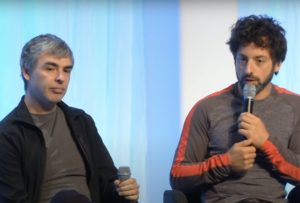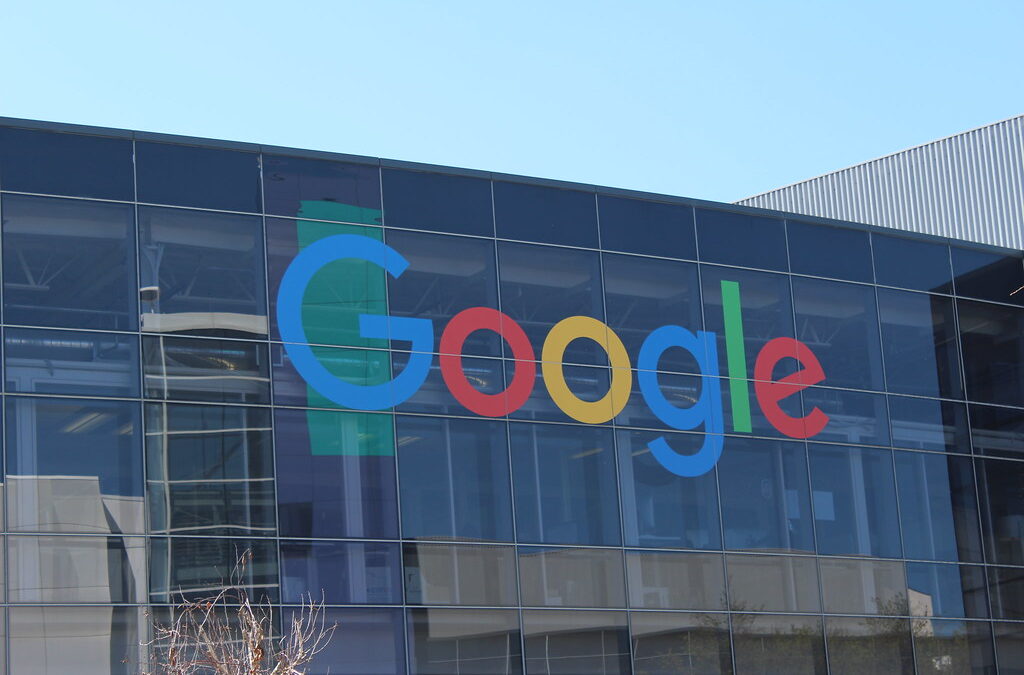It is becoming increasingly difficult for Big Tech companies like Google, Meta (formerly Facebook) and Twitter to hide behind the Section 230 exemption under the U.S. Communications Decency Act, which gives them immunity from litigation over third-party content.
A recent settlement and a judicial decision did not go the tech behemoths’ way.
After a federal judge in San Francisco rejected Twitter’s motion to dismiss a lawsuit brought by journalist Alex Berenson, who was banned from its platform, the company agreed to reinstate his account in a settlement between the parties.
And now there’s a lawsuit by a couple of red states against the Biden administration. John Hinderaker at Powerline explains:
It has been widely reported that the Biden administration has leaned on tech companies, including social media companies, to censor content with which the administration disagrees. This is not a secret. On the contrary, the administration’s spokespeople have bragged about it, and Congressional Democrats have publicly applied pressure to tech employees, in committee hearings, to censor in accordance with the administration’s preferences.
The social media companies tirelessly tell us that they can engage in censorship because, as private entities, the First Amendment does not apply to them. That is true as far as it goes. However, if the government uses private parties to suppress dissenting opinions, the Constitution is violated.
A number of lawsuits have been brought by various plaintiffs to attack the unholy alliance between the Democratic Party and the social media companies, but so far they have failed, mostly on standing grounds. Which brings us to a lawsuit by the States of Missouri and Louisiana against public officials including, among others, Joe Biden, Anthony Fauci and the Department of Health and Human Services. The case is venued in federal court, in the Western District of Louisiana…
Plaintiff states have moved for a preliminary injunction and for expedited discovery on issues relevant to their motion. The federal government asserted the usual defenses, but on Tuesday Judge Terry Doughty granted plaintiff states’ motion for expedited discovery. Judge Doughty considered at length and rejected the government’s standing arguments…
Judge Doughty’s order granting expedited discovery is potentially seismic. The plaintiff states can serve document requests and interrogatories on the government agencies, as well as social media companies subject to Rule 45 subpoenas…
Considering also how Twitter quickly backed down and restored Berenson’s account after the judge granted discovery, the litigation winds may be shifting further against Big Tech. By the way, Berenson promised readers he would insist on discovery in his lawsuit and that he would not give it up, even under a settlement.

Larry Page & Sergei Brin/IMAGE: YouTube
In June National Legal and Policy Center presented a shareholder resolution at the annual meeting for Alphabet. The proposal sought for the company to produce a semi-annual report that itemizes requests it has received from the federal government to censor information on its Google and YouTube platforms.
Shareholders, dominated in majority ownership by company co-founders Larry Page and Sergei Brin, shot down our proposal. Maybe they see the legal winds shifting also.









